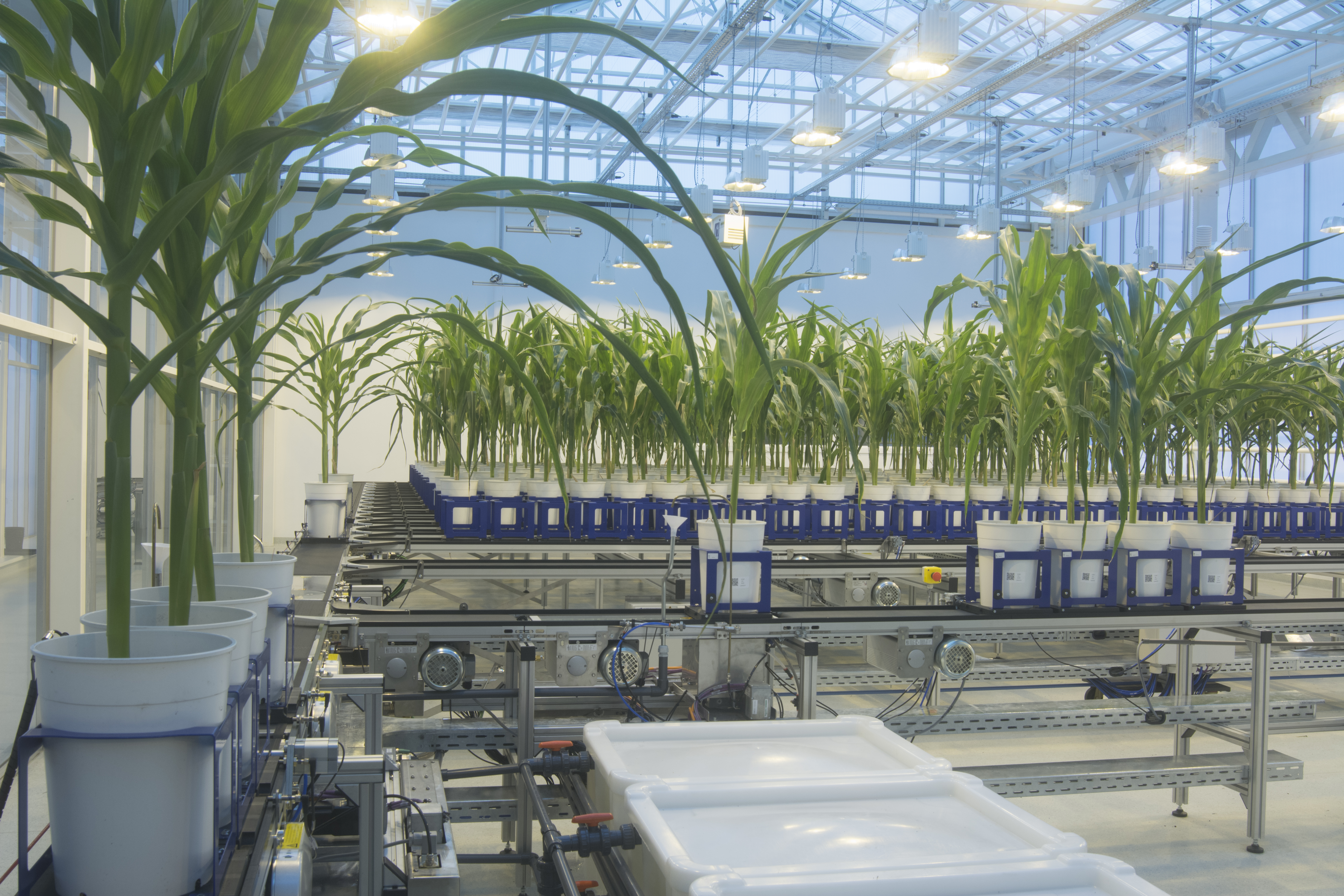How does the VIB-UGent Center for Plant Systems Biology contribute to food security in times of climate emergency?
Prof. Dirk Inzé, Ghent University, is science director of the VIB-UGent Center for Plant Systems biology, one of the world-leading plant science centers. The center hosts 18 research groups and more than 300 researchers of which 60 percent from abroad. The center not only is at the forefront of basic plant research but also has been highly instrumental in translating basic research towards applications. As such the VIB-UGent center collaborates with over 30 companies worldwide and was involved in the establishment of several successful AgroTech spin-off companies. Currently, at the Tech Lane Gent Science Park approximately 1000 persons work on plant biotechnology related projects.
Prof. Dirk Inzé also leads together with Dr. Hilde Nelissen a large research group at the VIB-UGent Center for Plant Systems Biology. Their research group studies the cellular and molecular mechanisms that determine the size of plant organs such as leaves. Their long-term goal is to decipher the instructor networks that govern organ size under normal, as well as mild drought stress conditions. Drought is the major stress factor contributing to yield loss worldwide and global warming is expected to further worsen this problem, as was seen in 2018 in West-Europe. Leaves were chosen as the model organ as they are, because of photosynthesis, the most important organs contributing to plant yield. The instructor networks controlling growth regulate the activity of the two effector systems driving leaf growth: cell proliferation and cell expansion. Over the last years, Prof. Inzé and collaborators have identified many genes that can enhance leaf organ size or reduce the negative effect on leaf growth of plants exposed to mild drought stress. This research has mainly been performed in the model plant Arabidopsis and in maize as one of the most important crops world-wide. The research of Prof. Inzé is supported by national and international research grants amongst which a Methusalem grant of Ghent University and two Advanced ERC grants of the European Union.
As measurements of growth are tedious, Prof. Inzé and collaborators have developed (semi-) automated systems to reliably determine, on a large scale, relative growth rates and final plant sizes. In addition, hyperspectral imaging systems allow for establishing relationships between spectral profiling, plant physiology traits and growth parameters. With these automated systems the effects of gene perturbations on plant growth and yield related parameters can be analyzed during plant development and at large scale.
Understanding growth regulatory networks will have a major impact on agriculture, both by further enabling our ability to direct plant breeding and by enhancing our success rate in designing higher yielding crops using, for example, genome editing. To test how altering the growth regulatory networks affect plant yield, field trials with modified maize varieties are annually being conducted in close collaboration with the Institute for Agriculture and Fishery research (ILVO) and US-based researchers. The research of Prof. Inzé has many applications such as the development of novel high yielding, drought resilient food crops or the selection of fast growing trees that will become an important component to mitigate climate change.

